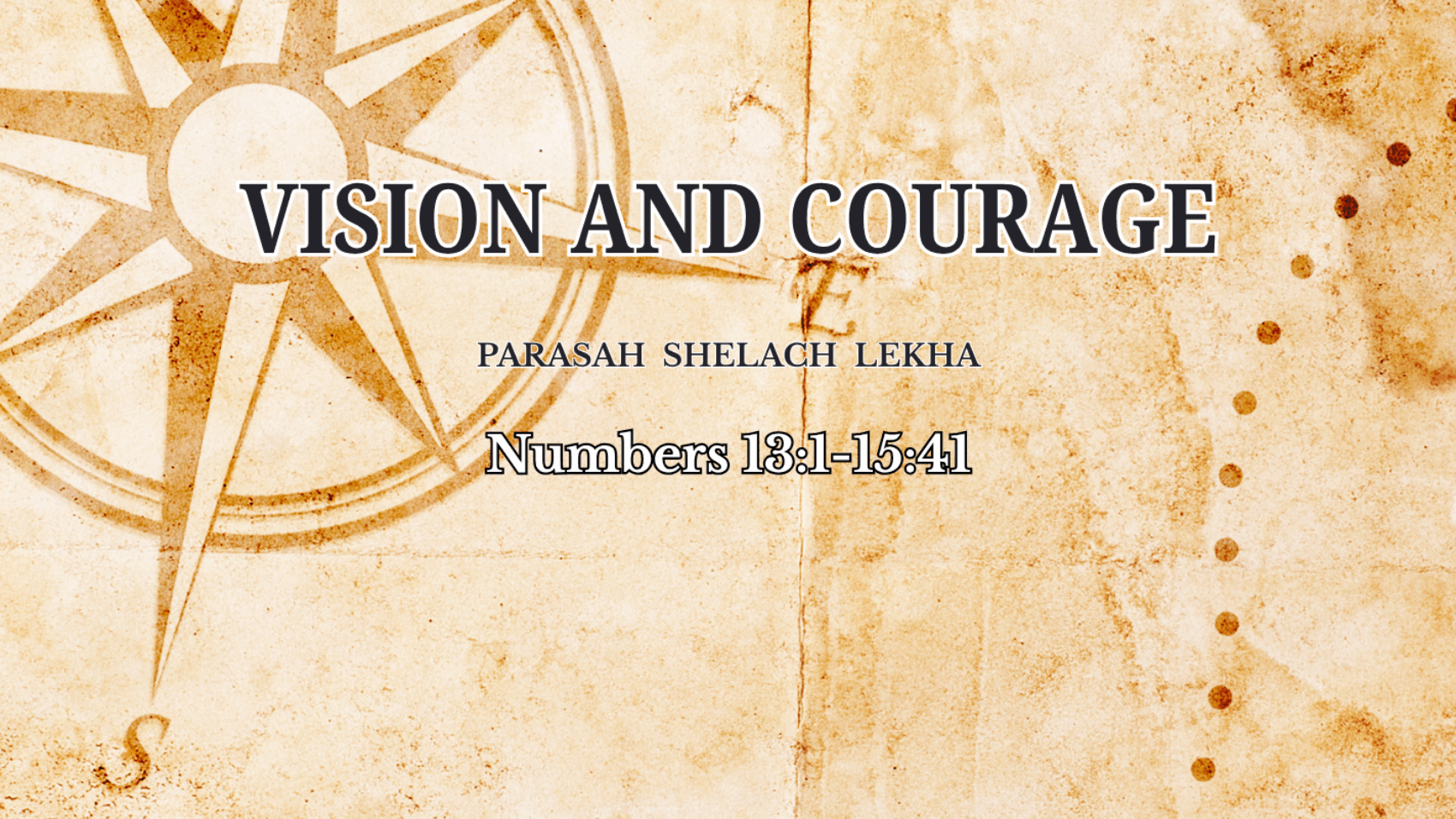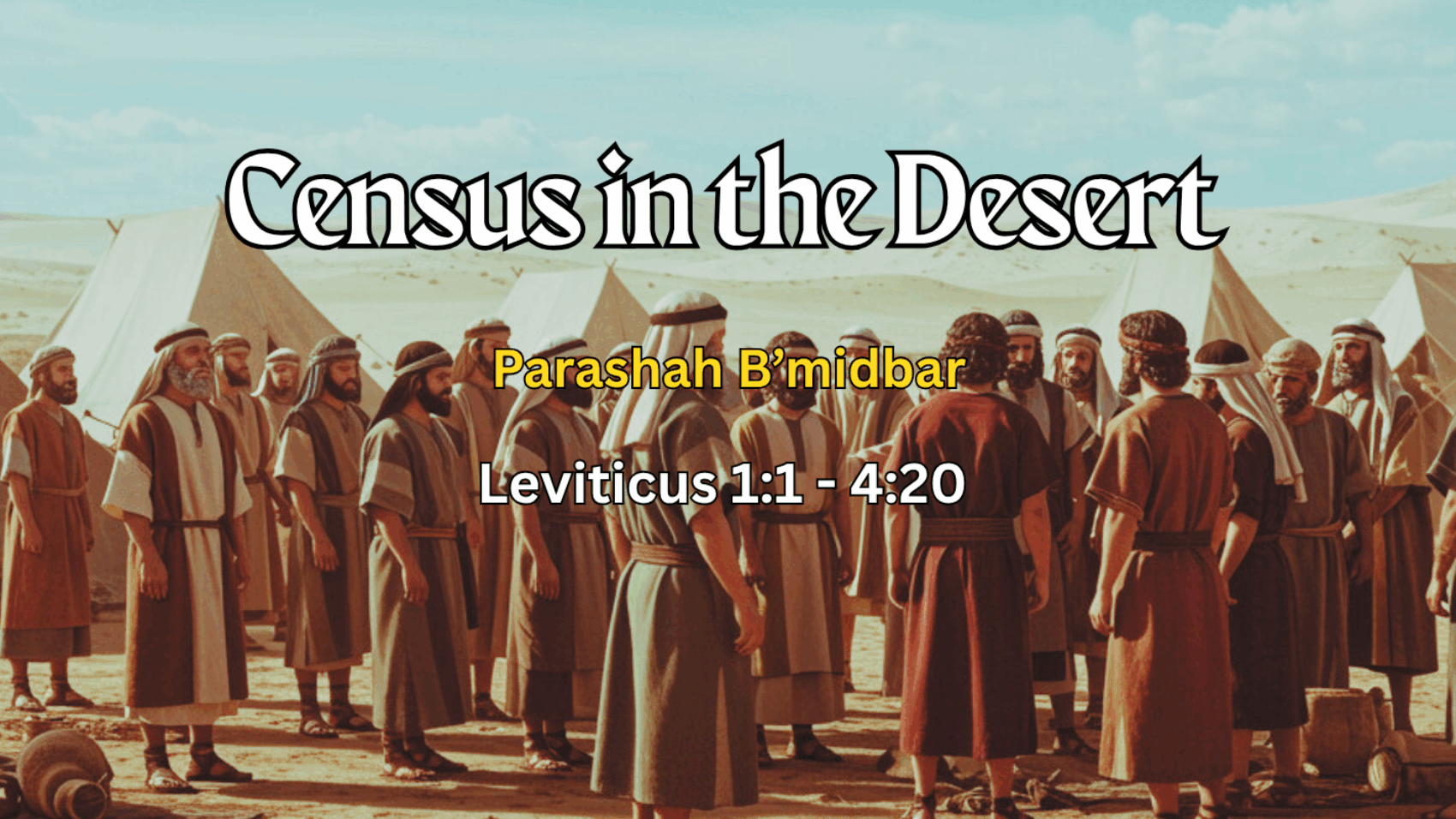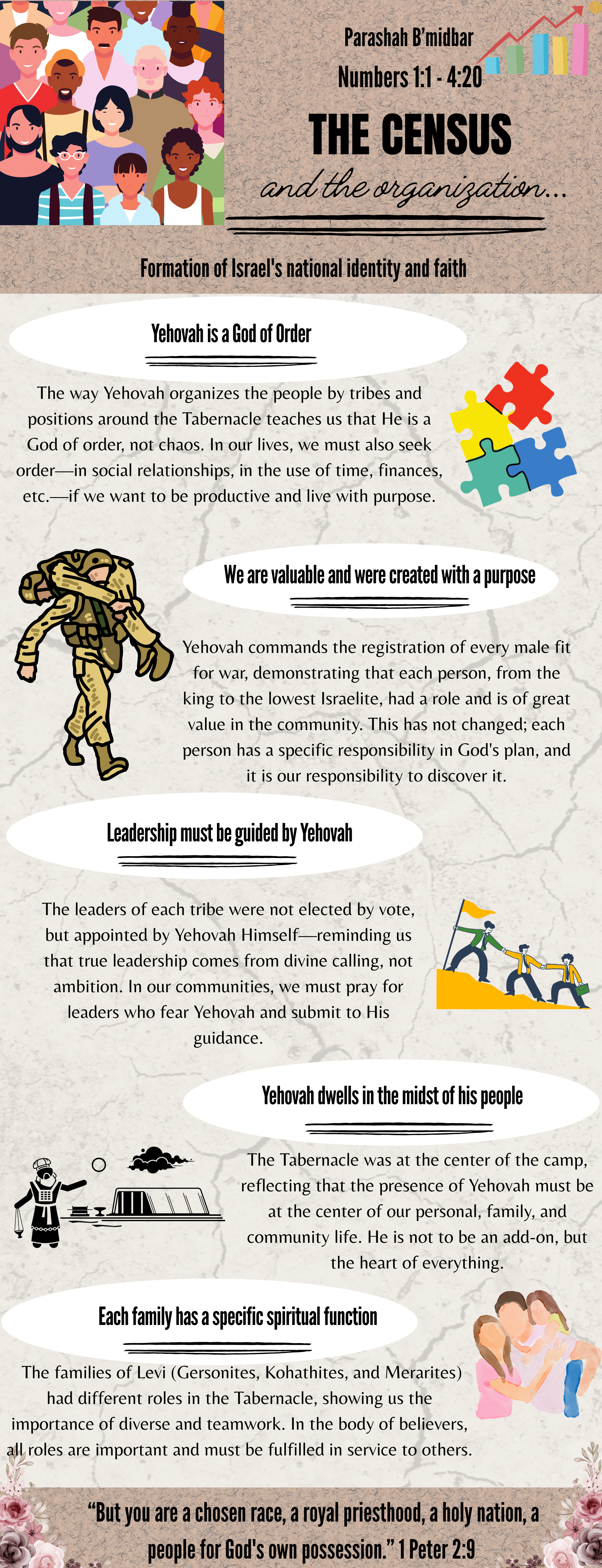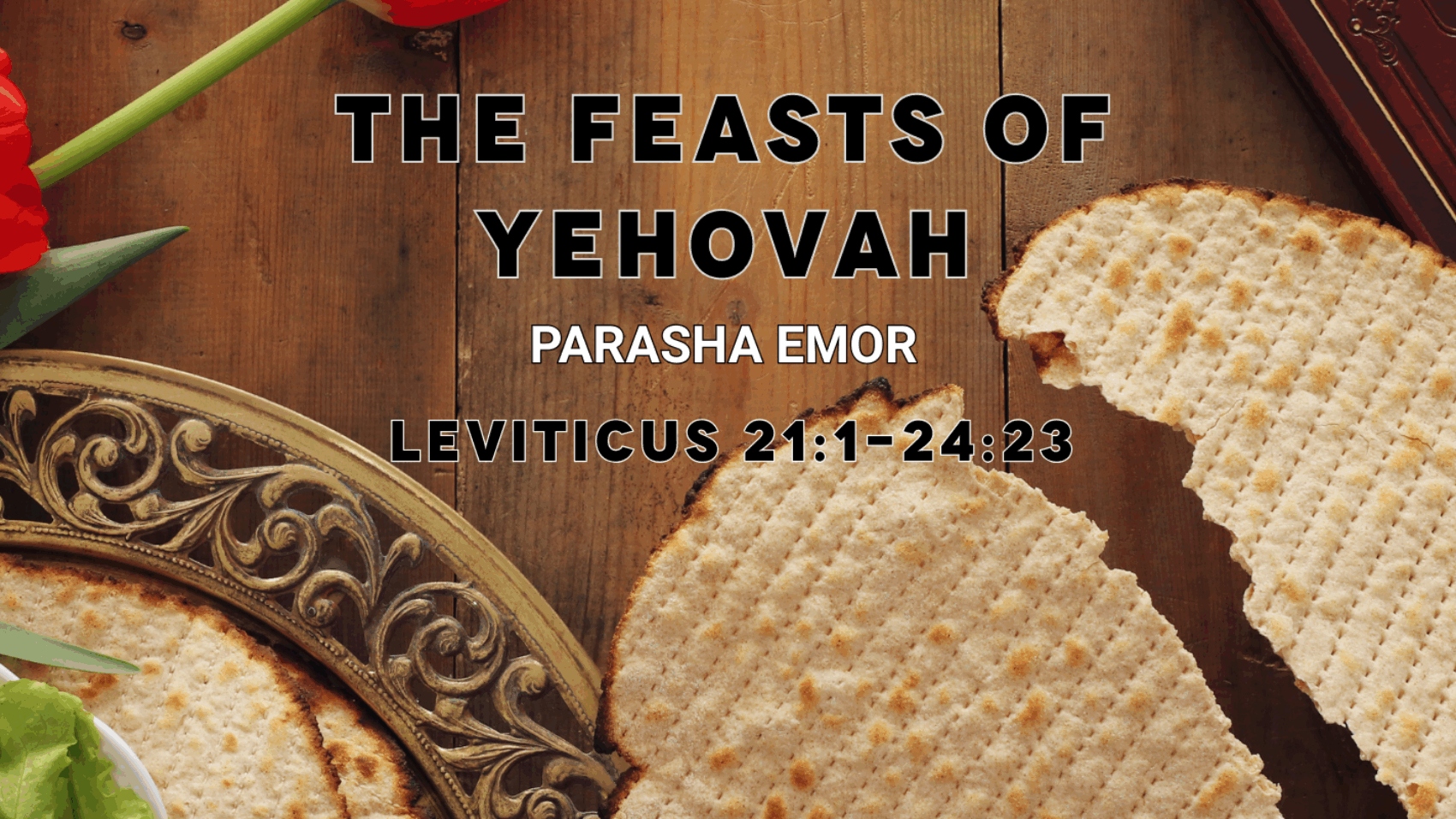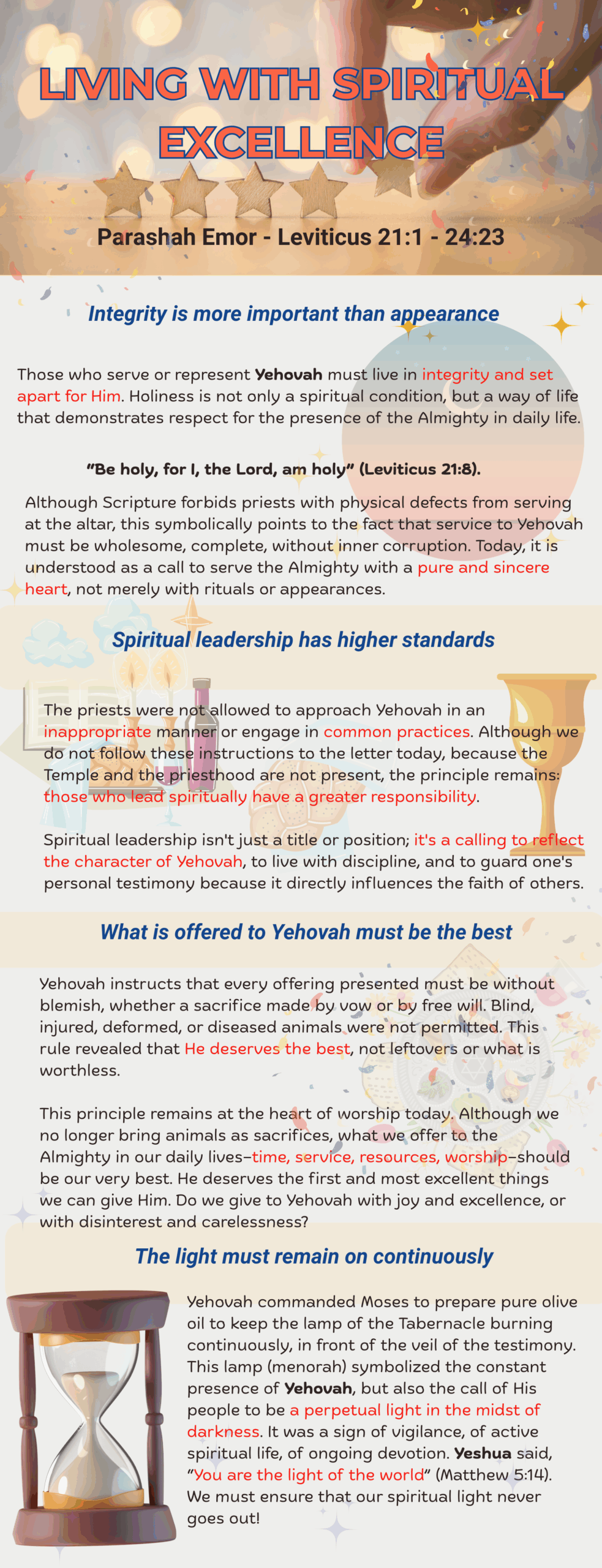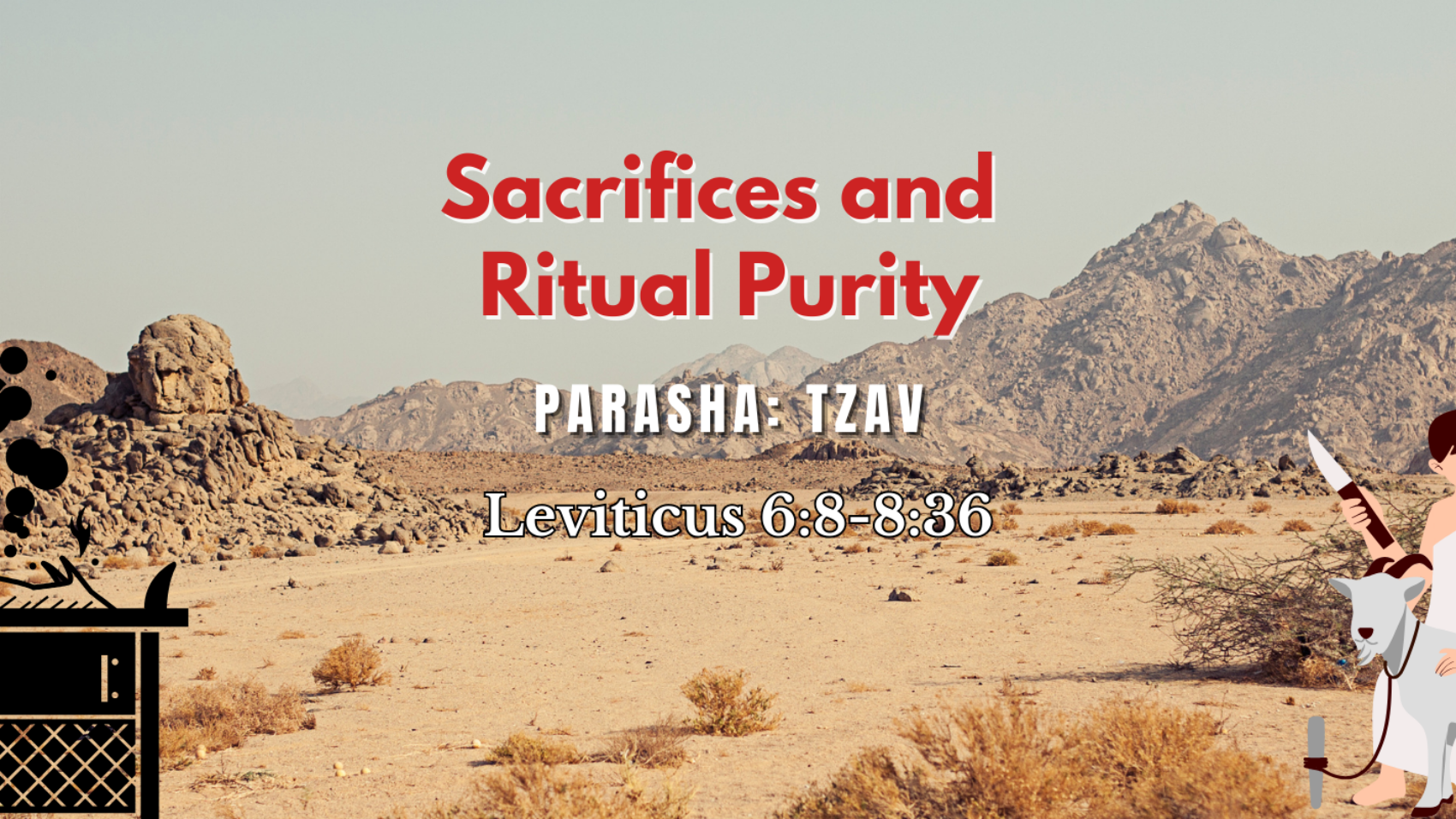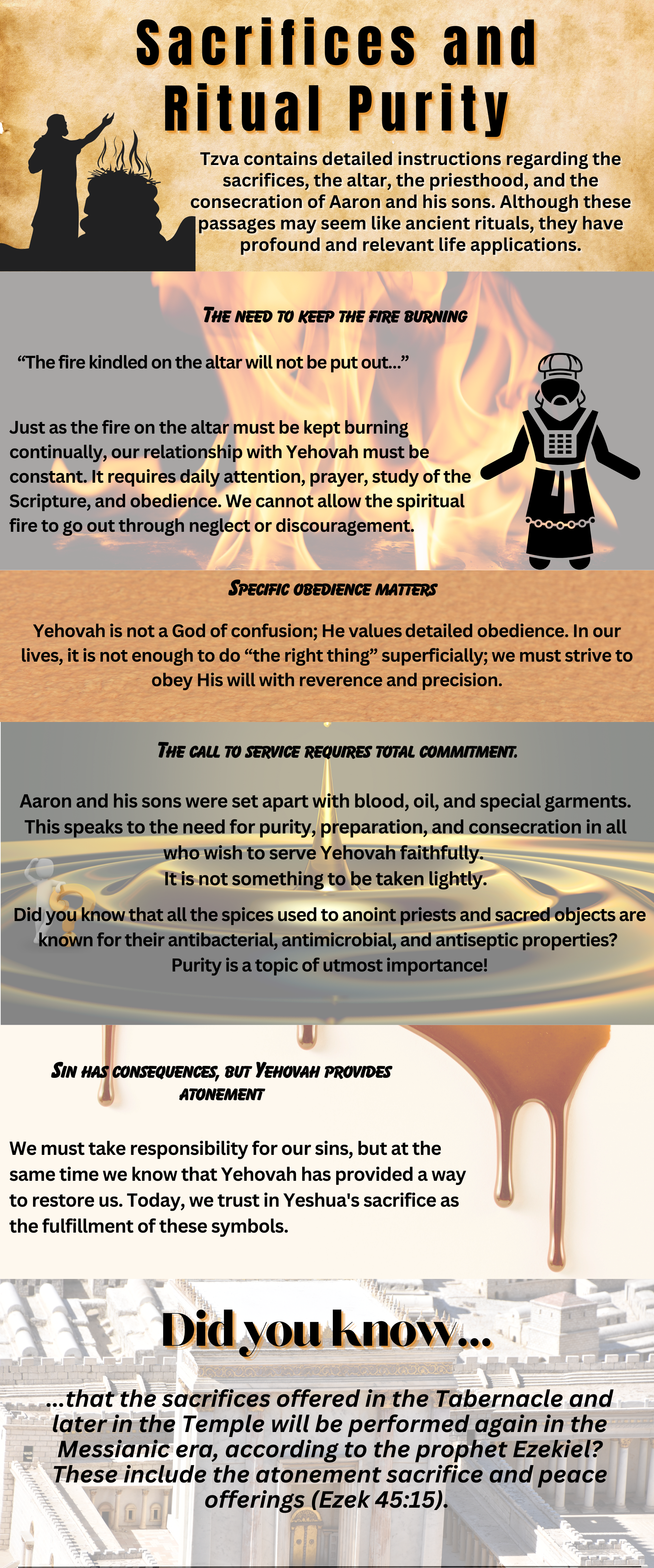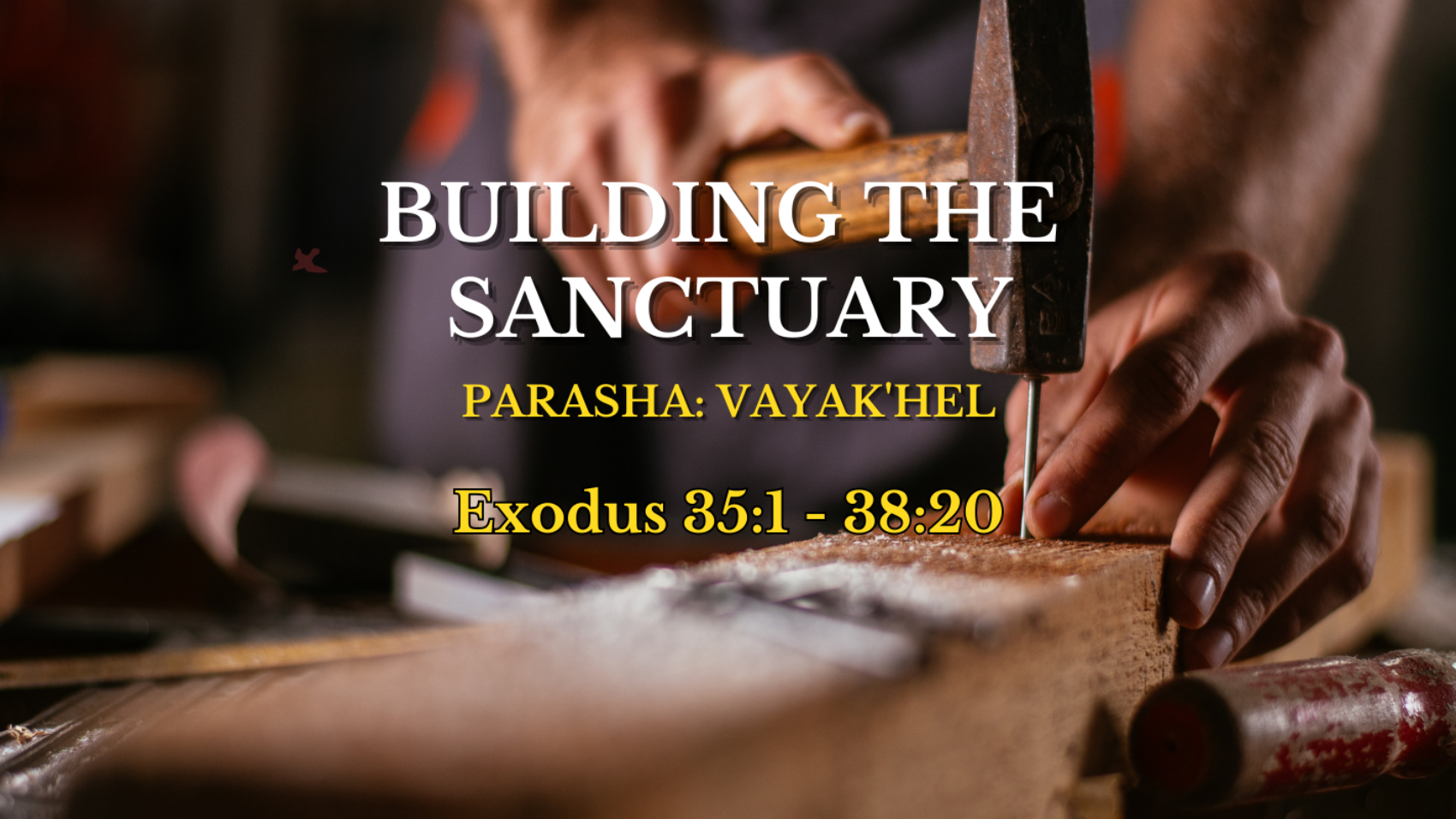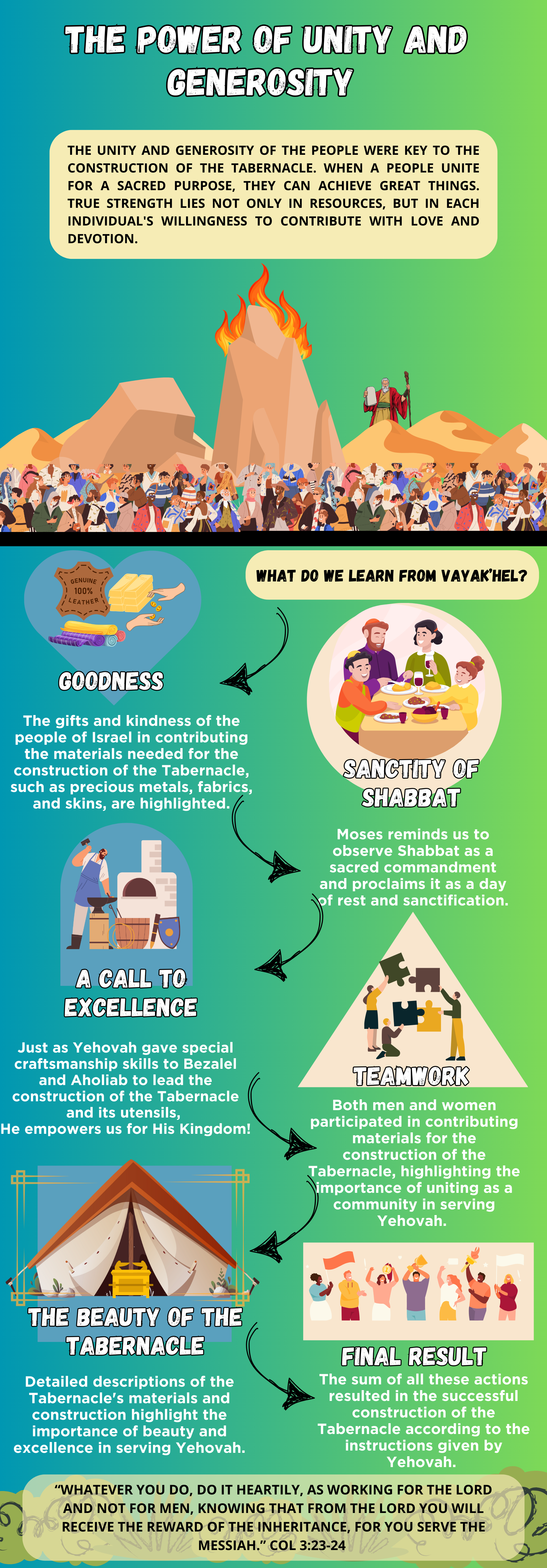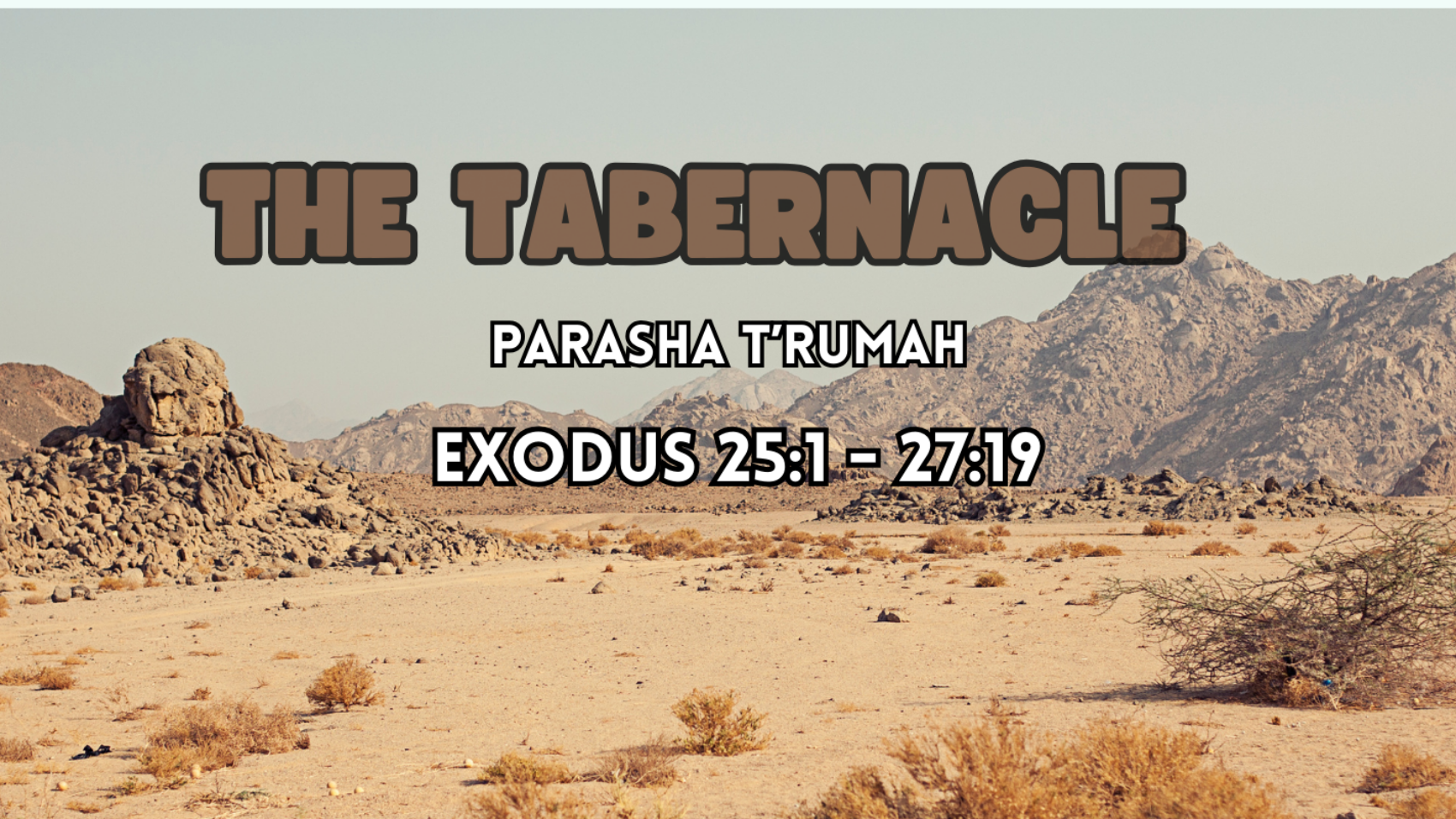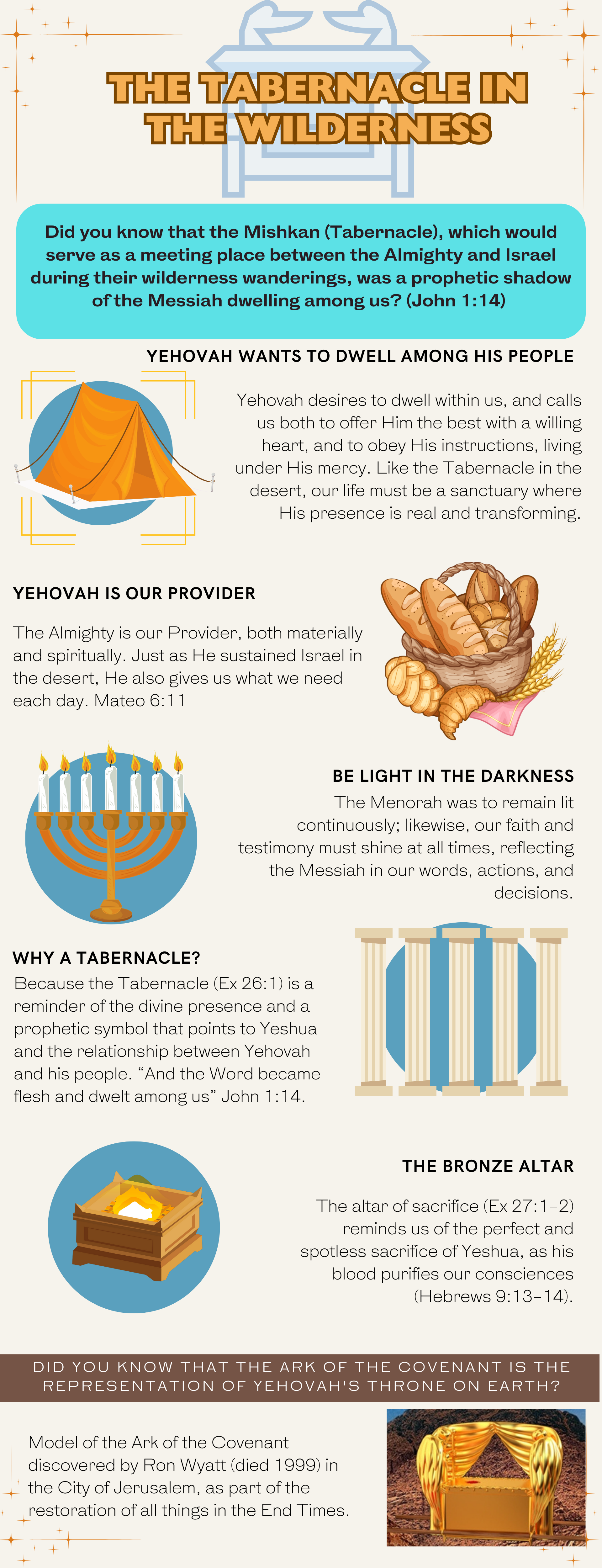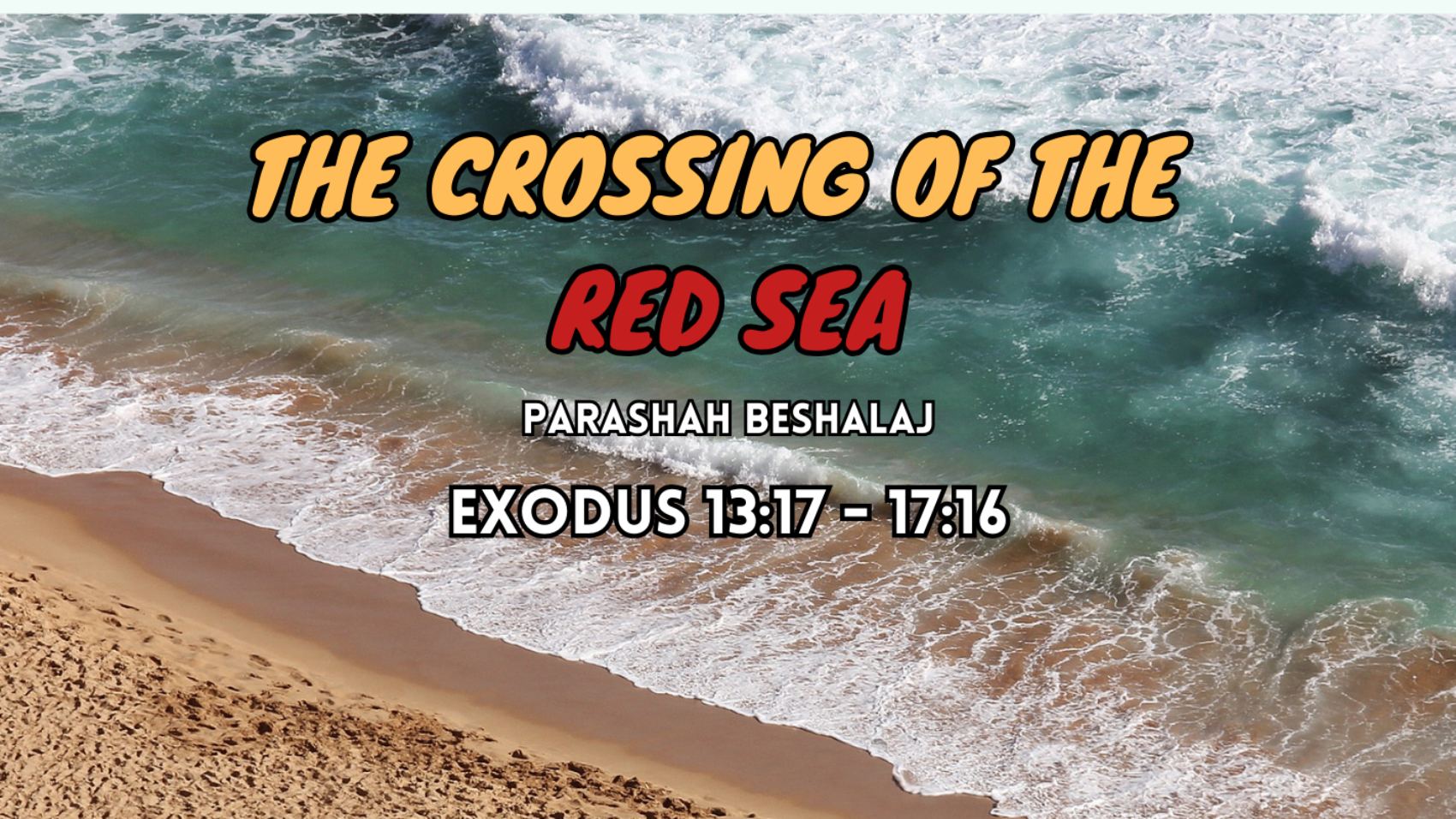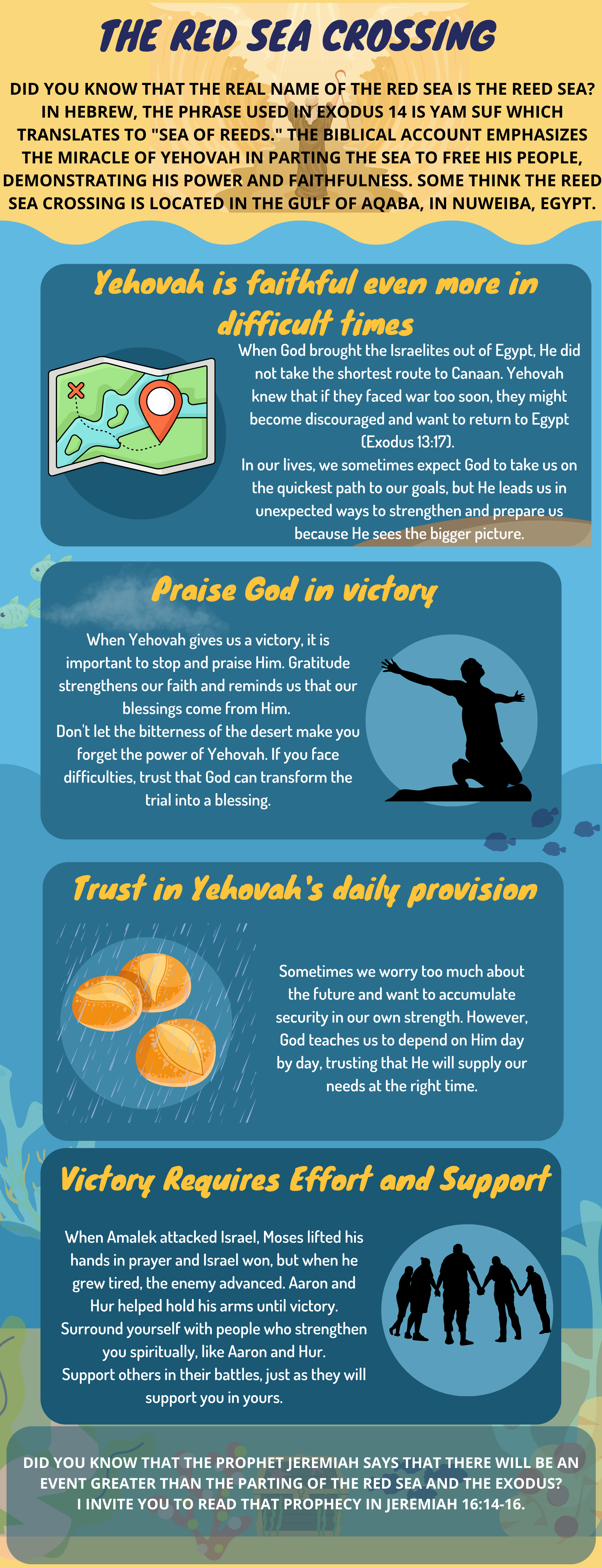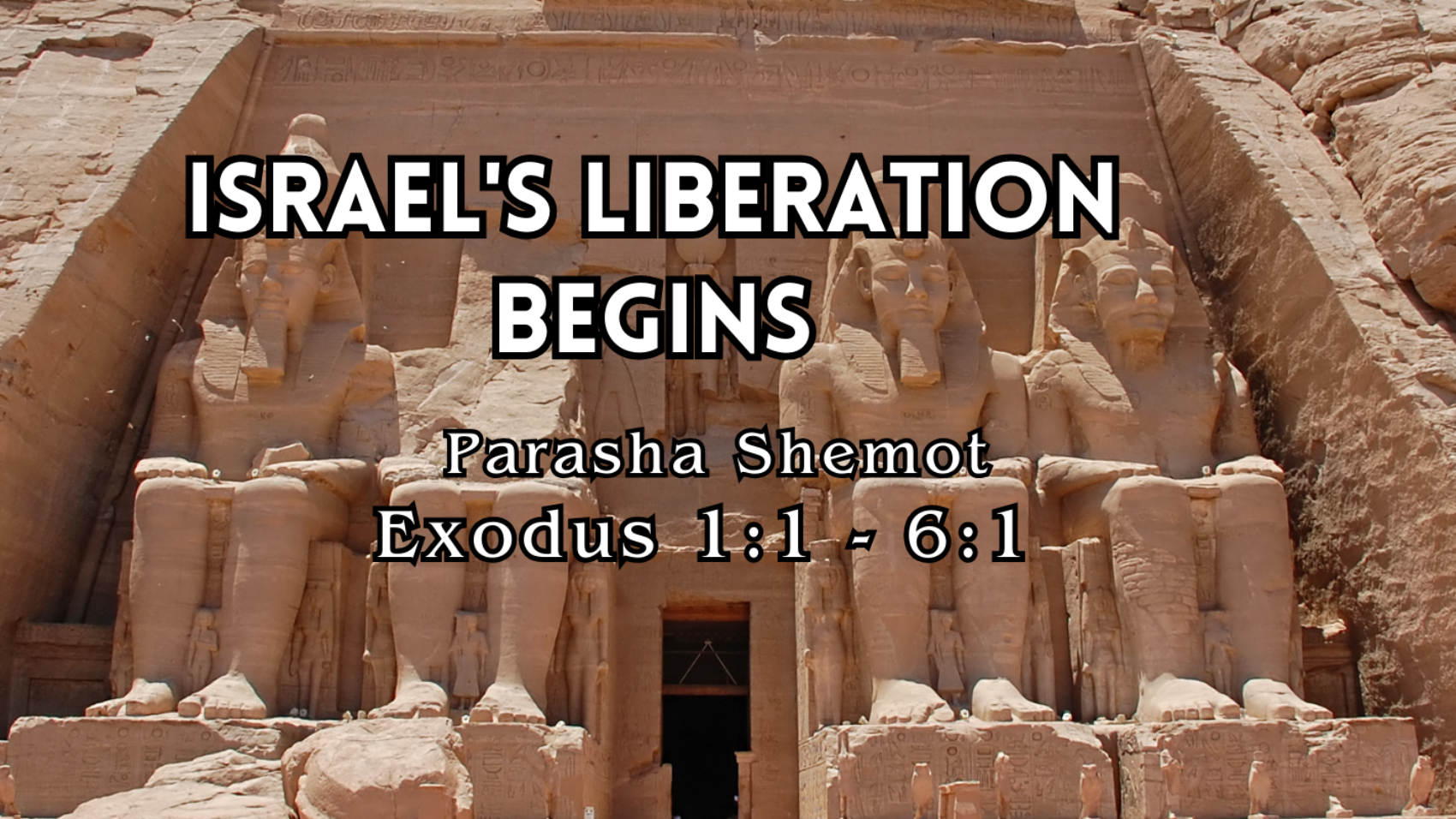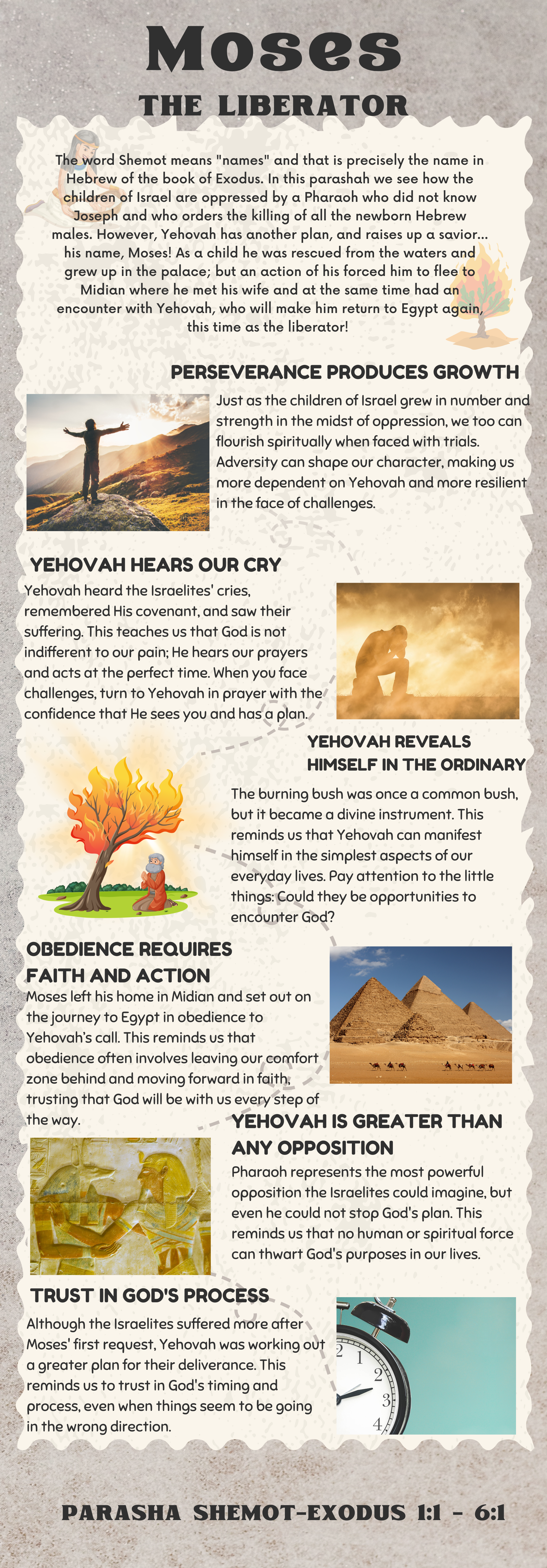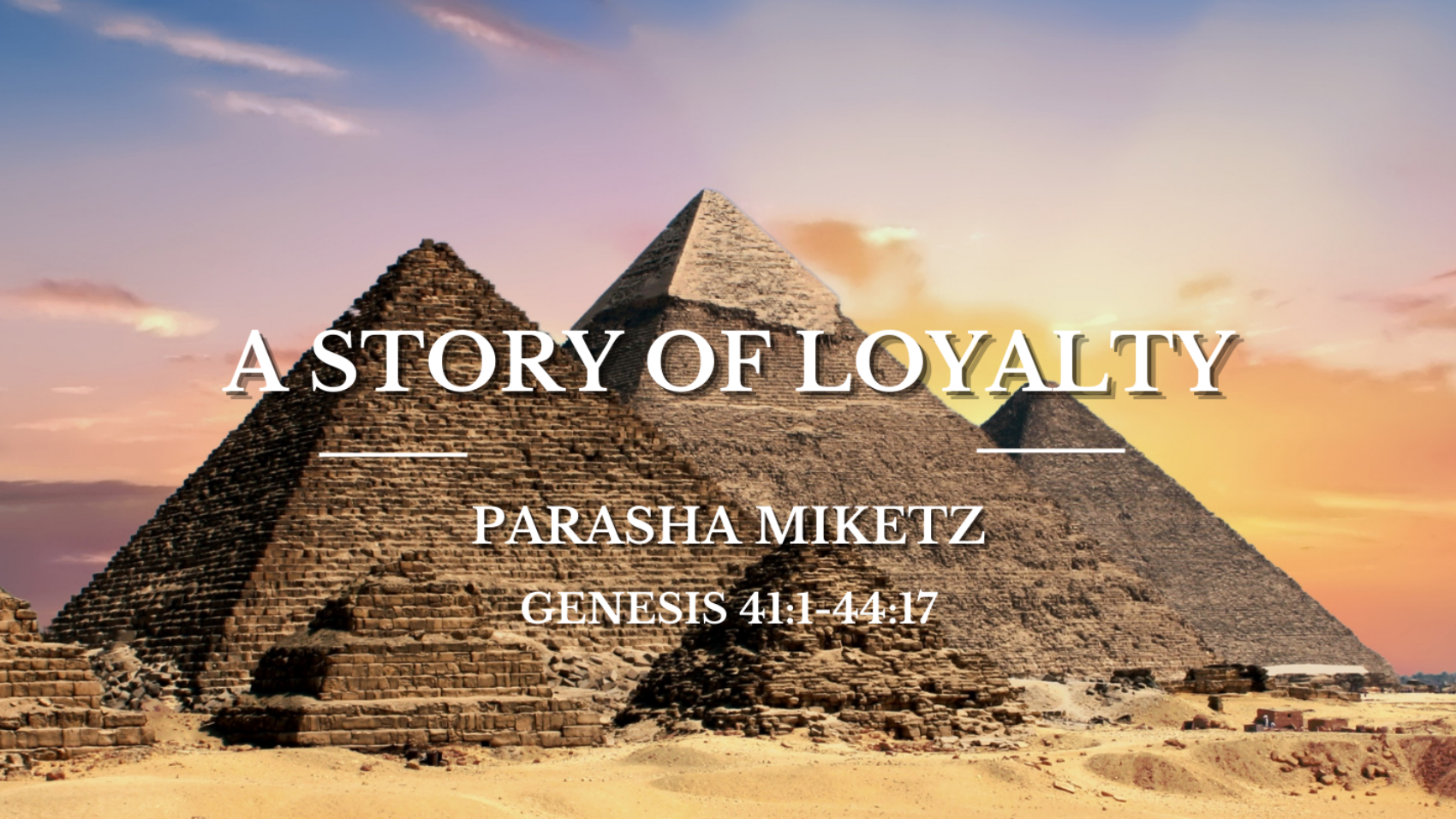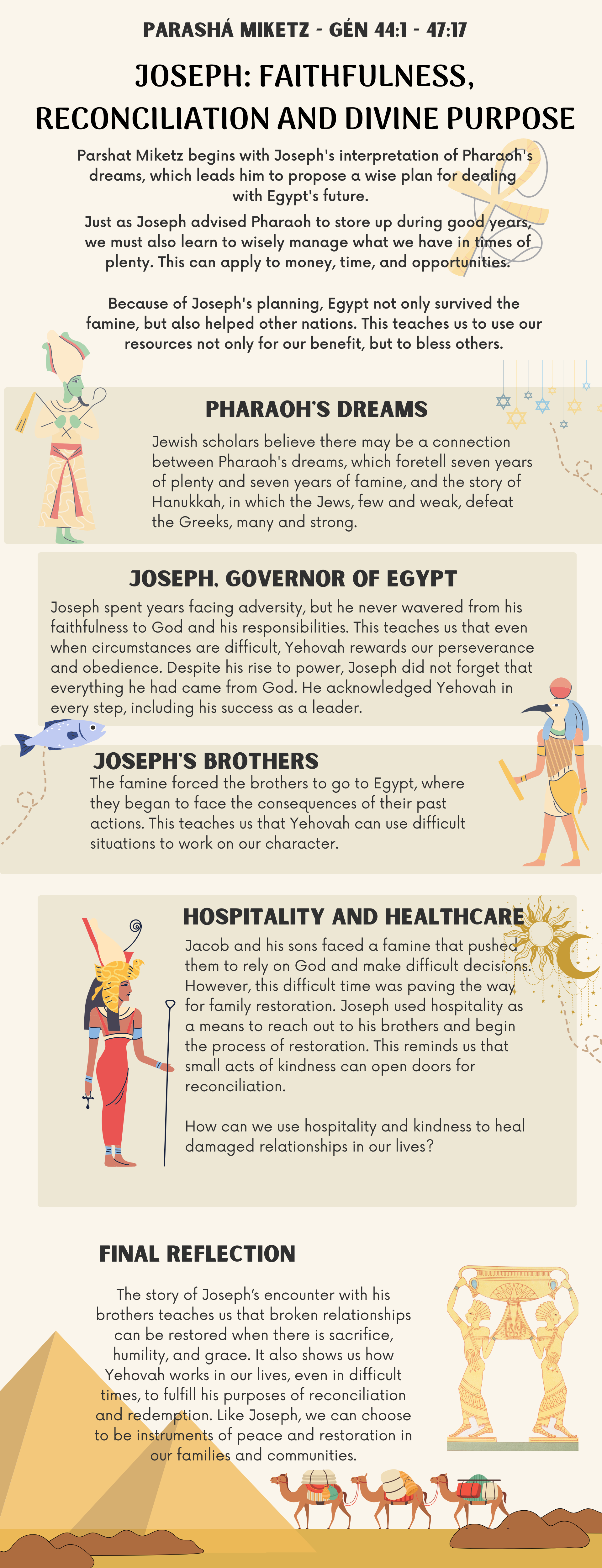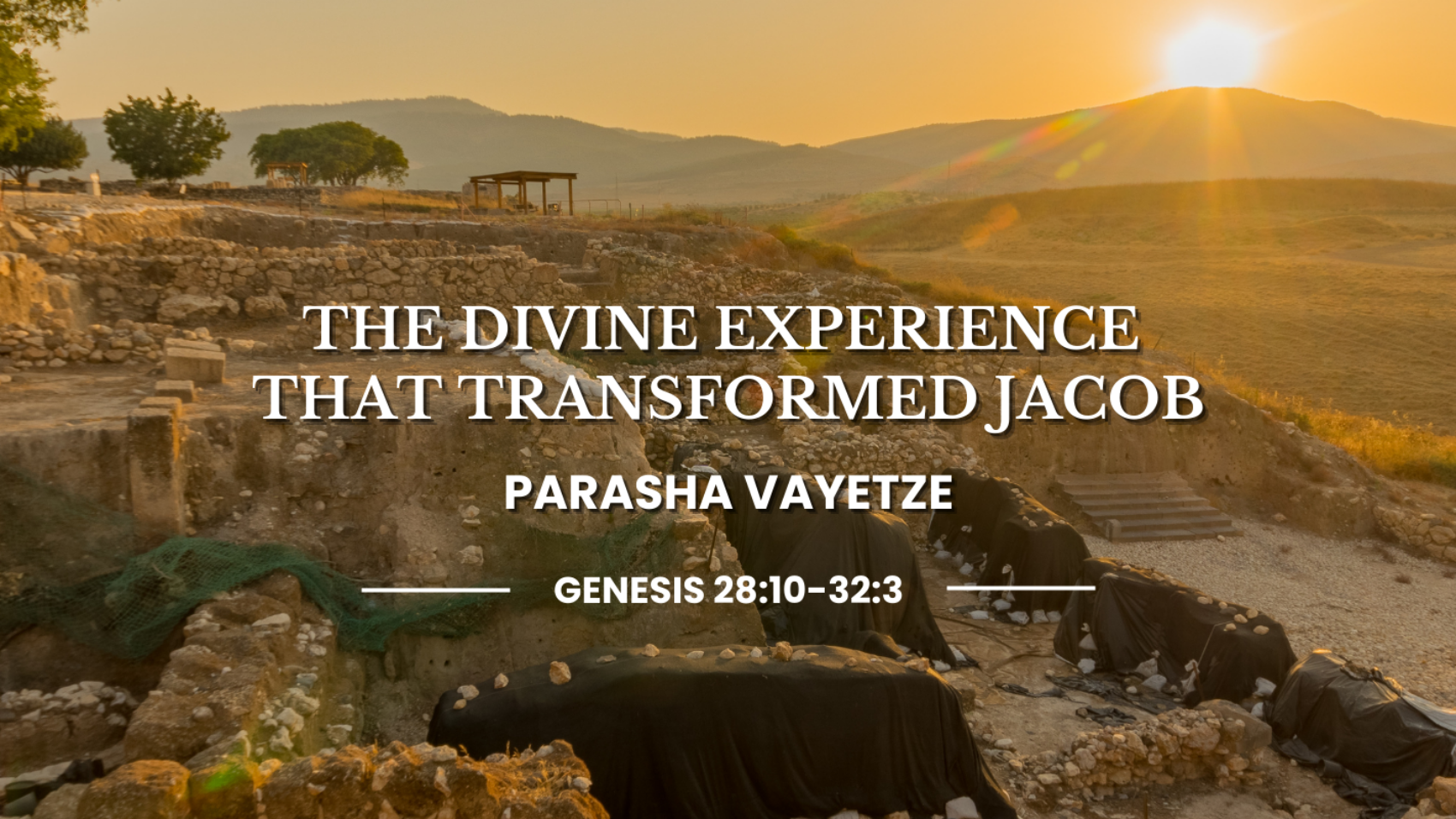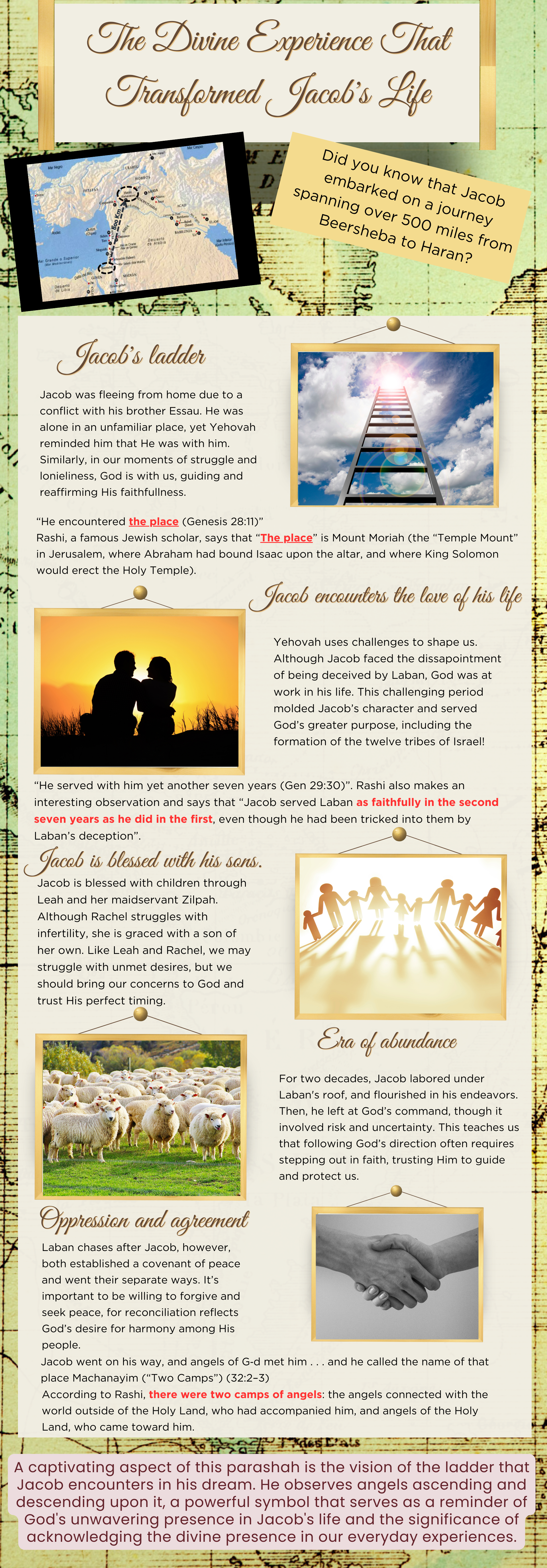Parashah Shelach Lekha
Numbers 13:1 – 15:41
The parashah Shelach Lecha is found in Numbers 13:1–15:41 and reveals an exciting prophetic picture for the end times. It is like holding in our hands a glimpse of what will happen to the children of Israel when Yeshua returns. At the same time, this portion calls us to believe and trust in the promises that the Almighty has made to His people.
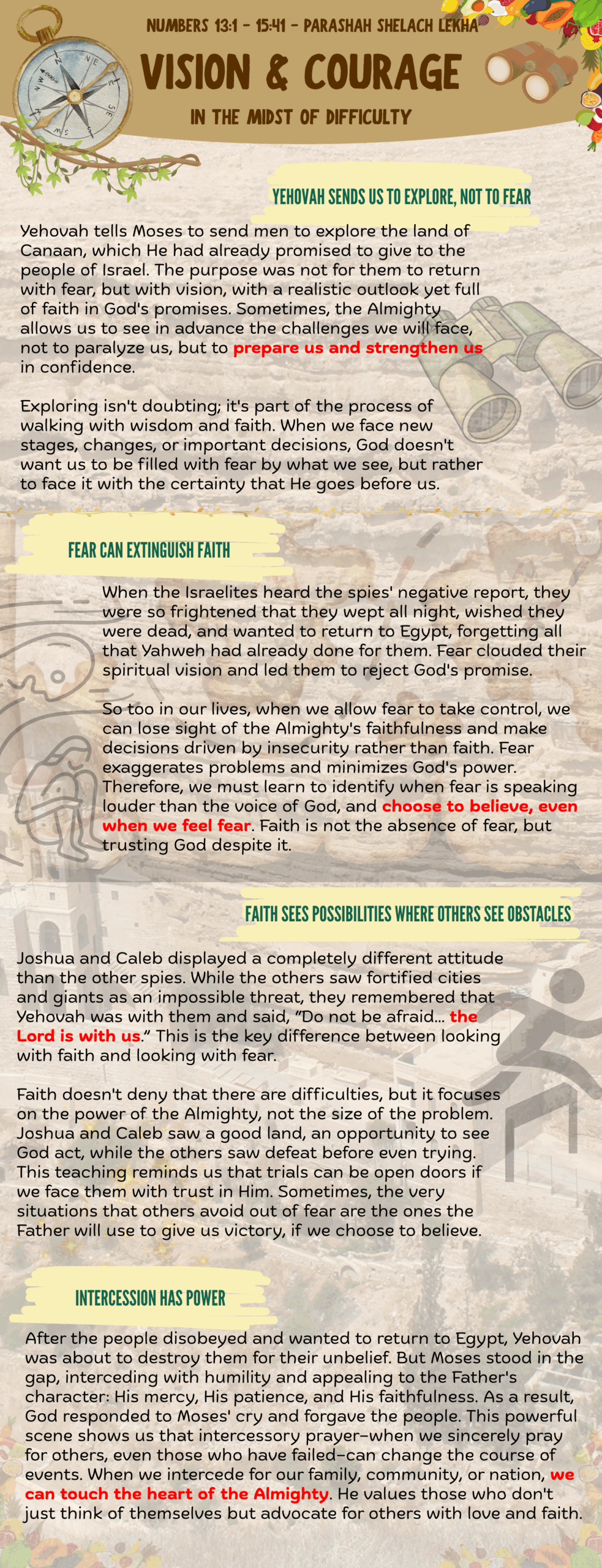
This segment of Scripture provides us with a powerful and relevant teaching for our walk of faith today. The twelve spies returned from the land with two different reports: one filled with fear and pessimism, while Caleb and Joshua offered a message of faith and hope.
In our daily lives, like the ten spies who brought back the negative report, we face situations that can seem overwhelming. The “giants” and “walled cities” of our day can take the form of financial problems, illness, personal conflicts, or global uncertainties. However, Caleb and Joshua show us another way of looking at circumstances. Their positive report did not ignore the difficulties, but it focused on Yehovah’s faithfulness and His power to overcome any obstacle. They reminded the people that the Most High had promised to give them the land and that His word is trustworthy!
Questions to ponder
Let’s think about these four aspects that are very important in our lives:
- Ten spies returned and brought back a negative report, and only two spies had the vision to see God’s promise coming true in their lives and in the lives of their families. Which group would you belong to?
- Yehovah promised that He would raise up a man like Moses whom we should listen to and obey… Are you ready to follow and listen to Yeshua as He leads us back to obeying the commandments of the Almighty regardless of what others say or think?
- The fourth commandment says that we must remember the Shabbat day to keep it holy, because Yehovah blessed it and sanctified it. Is the Shabbat truly a sign between you and the Most High as He established in His Torah? (Ex 31:13).
- Perhaps you profess to be a follower of Yeshua the Messiah, wear tzitzit daily, and keep the Sabbath and the Creator’s diet. But do you truly behave like an ambassador of the Kingdom of Heaven? Let us remember Paul’s words to the Romans when he said that it is not the hearers of the Torah who would be justified before God, but the doers.
Let us love Yehovah with all our hearts and our neighbors as ourselves, just as Yeshua said, and in doing so we will fulfill the Torah and the prophets!
